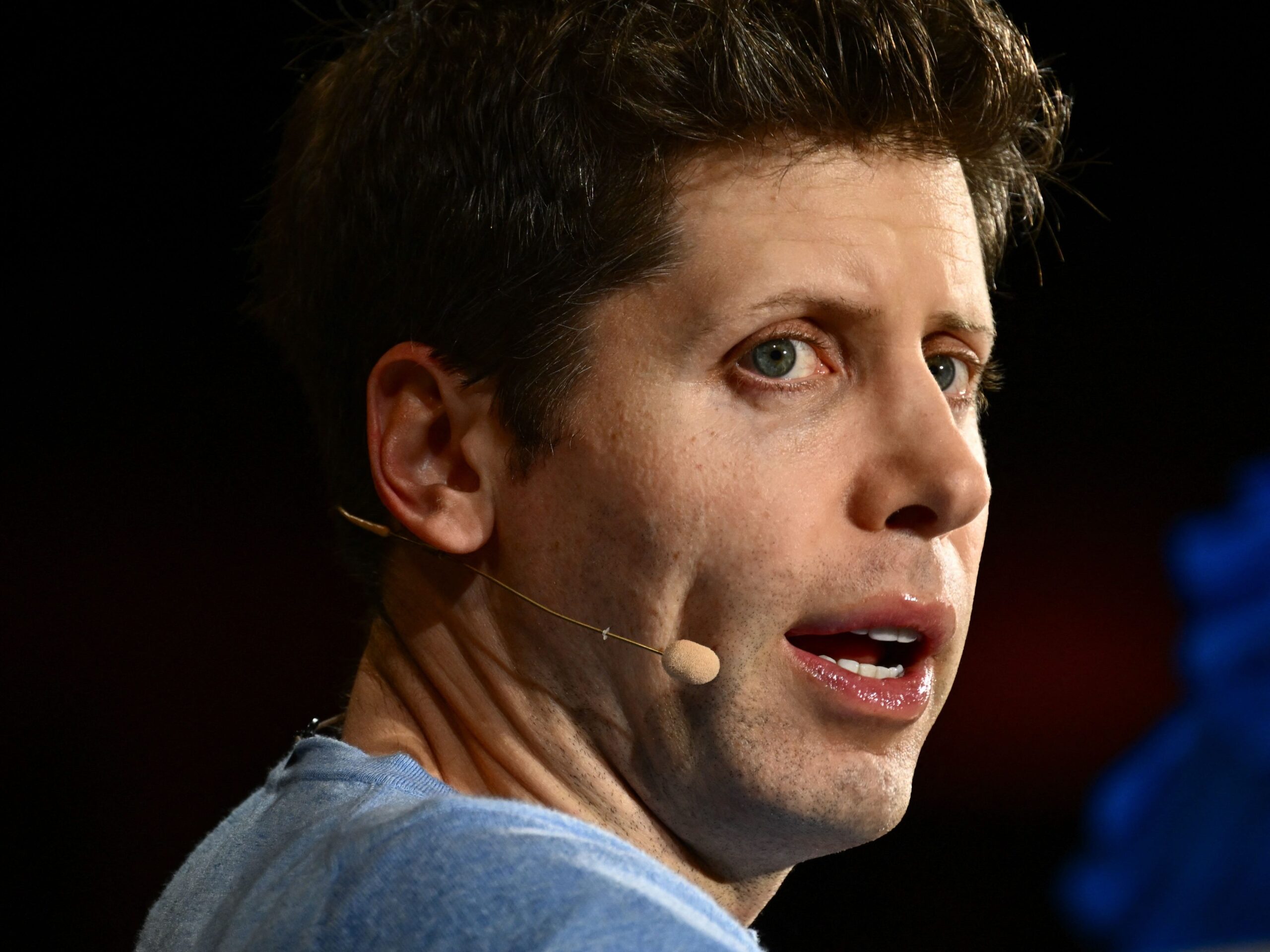BREAKING: OpenAI CEO Sam Altman has just revealed a sneak peek of the highly anticipated GPT-5 on August 3, 2025, igniting excitement across the tech community. This new iteration, unveiled in a screenshot shared on X (formerly Twitter), is set to revolutionize artificial intelligence with its enhanced capabilities.
The screenshot showcases GPT-5’s ability to recommend the animated sci-fi series “Pantheon,” which tackles complex themes surrounding artificial general intelligence. In a tweet, Altman confirmed, “turns out yes!” when asked if GPT-5 would endorse the show, sparking discussions among AI enthusiasts and industry leaders.
This first public glimpse of GPT-5 indicates significant advancements, including a larger context window and the capability to perform more agentic tasks. OpenAI is under immense pressure to deliver an impressive model as competitors like Google Deepmind, Meta, xAI, and Anthropic intensify the competition.
In a striking display of its capabilities, the AI revealed that “Pantheon” currently boasts a 100% critic rating on Rotten Tomatoes, describing it as “cerebral, emotional, and philosophically intense.” This claim was verified by Business Insider, further solidifying GPT-5’s credibility in information synthesis.
As anticipation builds, the potential impact of GPT-5 on various sectors is immense. It promises to enhance user experiences across platforms, making AI interactions more intuitive and engaging. The tech community is watching closely, eager to see how these developments will unfold in the coming weeks.
The urgency surrounding GPT-5’s release can’t be overstated. With its expected multimodal capabilities, users are keen to understand how this new model will compare to existing solutions. OpenAI continues to innovate, but the pressure to stay ahead in the rapidly evolving AI landscape is palpable.
Stay tuned for more updates as OpenAI prepares for the official launch of GPT-5. This is a pivotal moment in AI history that could redefine how we interact with technology. Will you be ready for the next generation of artificial intelligence?





































































